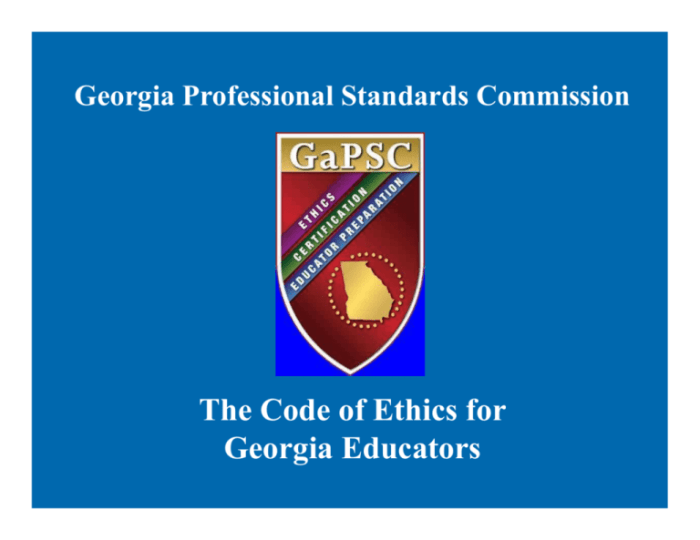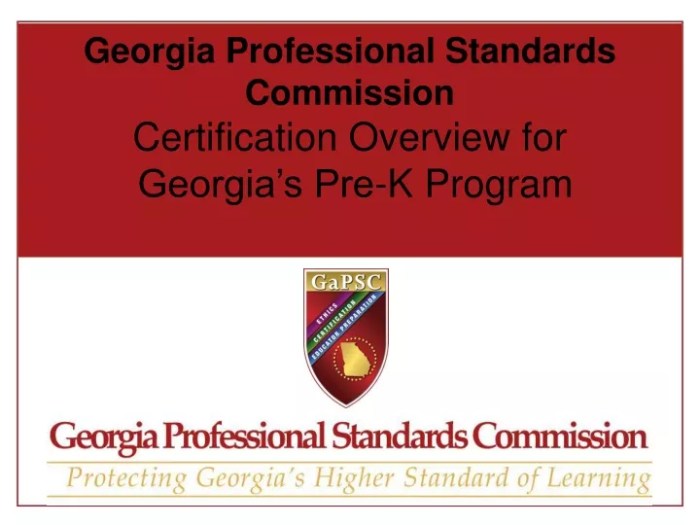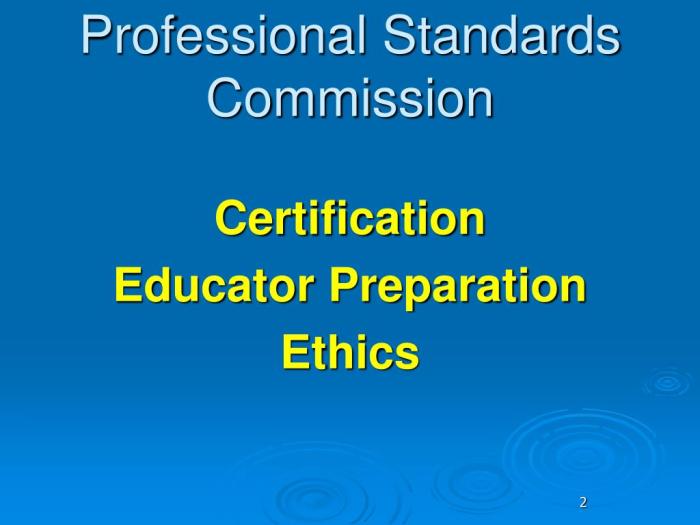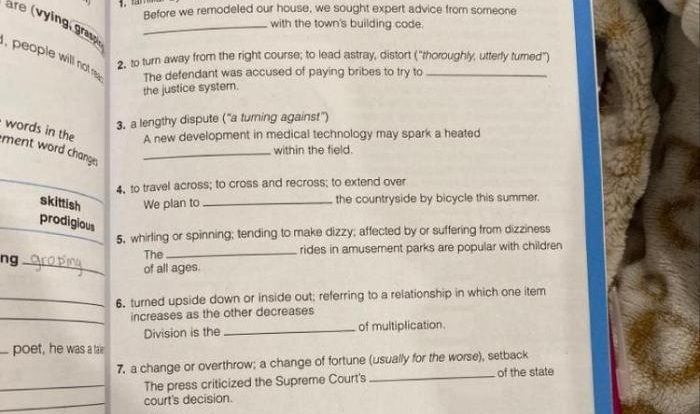The Georgia Professional Standards Commission Code of Ethics establishes a comprehensive framework for ethical conduct within the teaching profession, providing educators with clear guidelines to navigate the complexities of their roles and responsibilities. This code serves as a vital foundation for fostering a culture of integrity, professionalism, and ethical decision-making in the pursuit of educational excellence.
The principles Artikeld in this code encompass a wide range of ethical considerations, from the responsibilities educators hold towards their students and parents to their obligations to the profession itself. By adhering to these principles, educators can ensure that their actions align with the highest standards of ethical conduct, contributing to the well-being of their students, the integrity of the profession, and the overall success of the educational system.
Introduction
The Georgia Professional Standards Commission Code of Ethics establishes ethical guidelines for educators in the state of Georgia. Its purpose is to ensure that educators maintain the highest standards of professional conduct and ethics, creating a safe and supportive learning environment for students.
Ethical conduct is crucial in the teaching profession, as educators have a profound impact on the lives of their students. Adhering to ethical principles ensures that educators act with integrity, fairness, and respect, fostering trust and credibility within the profession and the community.
Principles of the Code of Ethics

The Code of Ethics is based on several core principles:
- Respect for students, colleagues, and the profession
- Integrity and honesty
- Confidentiality
- Fairness and equity
- Professionalism
These principles guide ethical decision-making and help educators navigate complex situations that may arise in their professional practice.
Responsibilities to Students

Educators have a fundamental responsibility to their students to provide a safe and supportive learning environment.
This includes:
- Treating students with respect and dignity
- Creating a classroom climate that is free from discrimination and harassment
- Maintaining confidentiality of student information
- Avoiding conflicts of interest
- Providing fair and impartial assessments
Ethical dilemmas may arise when educators must balance the needs of individual students with the needs of the class or school as a whole.
Responsibilities to Parents and the Community

Educators have an ethical responsibility to communicate effectively with parents and the community.
This includes:
- Keeping parents informed about their child’s progress
- Responding promptly to parent inquiries
- Respecting cultural diversity and the values of the community
- Maintaining confidentiality of student information
- Participating in community events and activities
By engaging with parents and the community, educators can foster a positive and collaborative relationship that supports student learning.
Question & Answer Hub: Georgia Professional Standards Commission Code Of Ethics
What is the purpose of the Georgia Professional Standards Commission Code of Ethics?
The Georgia Professional Standards Commission Code of Ethics provides a framework for ethical conduct within the teaching profession, guiding educators in their interactions with students, parents, colleagues, and the community.
What are the core principles of the Code of Ethics?
The core principles of the Code of Ethics include integrity, respect, fairness, confidentiality, and professionalism.
What are the ethical obligations of educators towards their students?
Educators have ethical obligations to create a safe and supportive learning environment, treat all students fairly and respectfully, and maintain confidentiality.
What are the ethical responsibilities of educators towards parents and the community?
Educators have ethical responsibilities to communicate effectively with parents, respect cultural diversity, and maintain confidentiality.
What are the consequences of violating the Code of Ethics?
Violations of the Code of Ethics can result in disciplinary action, including suspension or revocation of teaching licenses.
